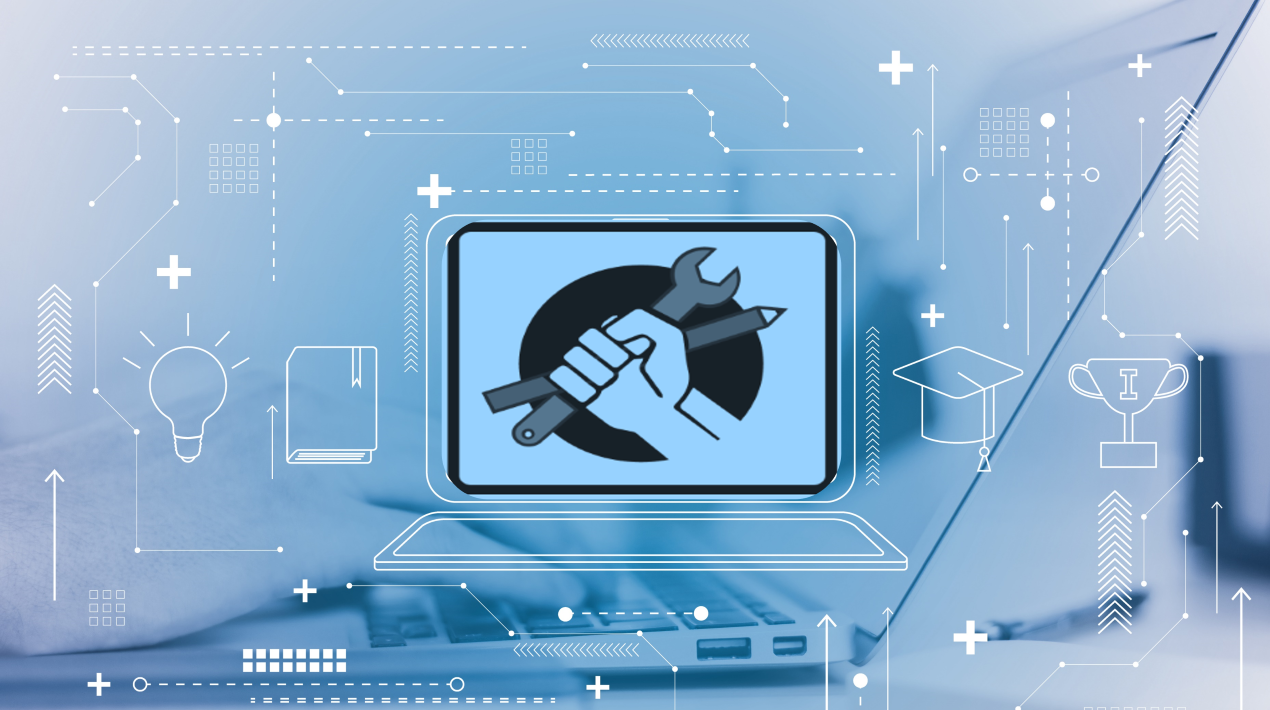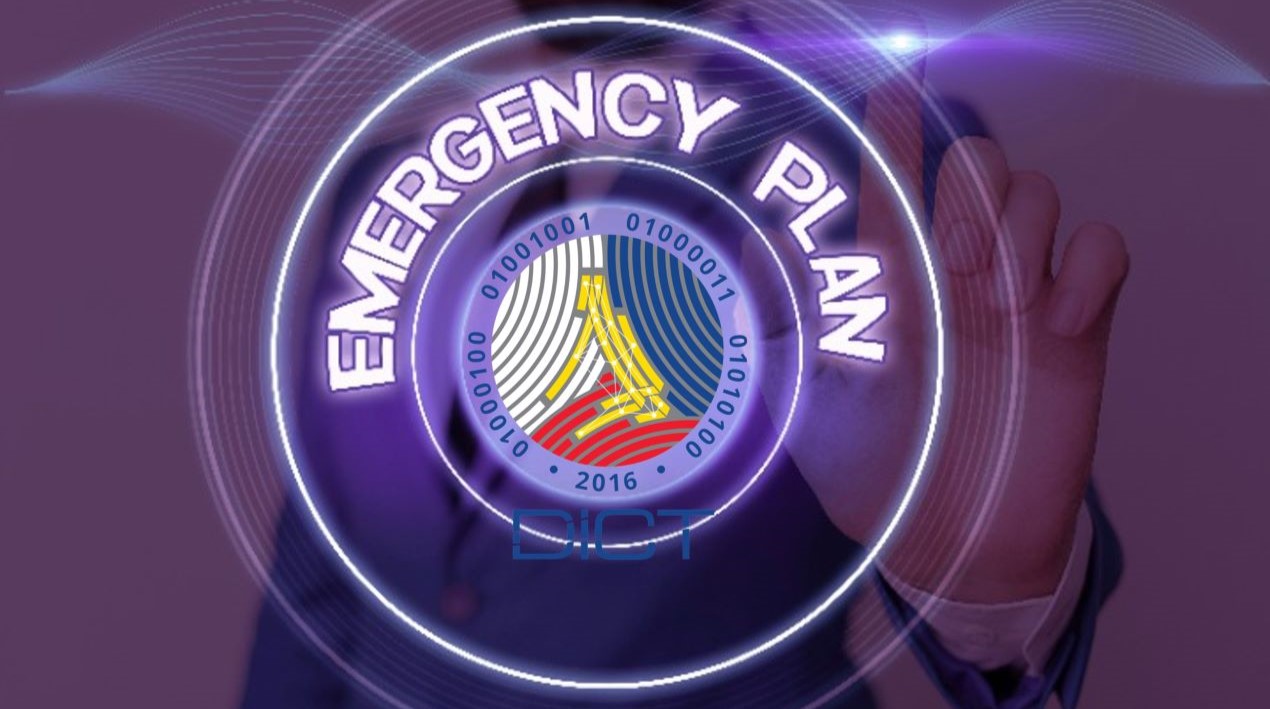
|
Getting your Trinity Audio player ready...
|
Libraries have long been the stewards of knowledge, but as technology reshapes the world, they are evolving to meet the demands of the digital age. Central to this evolution is the adoption of library management systems (LMS), which bridge the gap between students and a vast repository of institutional knowledge.
In Indonesia, the University of Indonesia (UI) Library has embraced this transformation, recently hosting a national webinar titled “Transformation of Library Collection Management in Digital Ecosystems: Issues, Challenges, and Prospects.” The event explored the shift from traditional to digital library systems, a change accelerated by the COVID-19 pandemic and the growing demand for digital services.

Prof Dr Abdul Haris, MSc, Vice Chancellor for Academic and Student Affairs at UI, highlighted the profound impact of information technology on library resources. He emphasised that librarians must stay abreast of technological advancements, particularly in managing library collections. “Managing library collections is a complex intellectual activity essential in the digital age. Transforming collection management to align with the digital ecosystem allows for easier access to library resources,” he noted.
The transformation of library management within Indonesian universities aligns with the Merdeka Belajar or Kampus Merdeka (MBKM) initiative by the Ministry of Education, Culture, Research, and Technology. Mariyah, SSos, MHum, head of the UI Library’s Technical Implementation Unit, stated, “As part of MBKM, university libraries must transform their management practices, from collection and knowledge management to knowledge transfer, in line with the National Library of Indonesia’s 2022 tagline: ‘Transformation of Libraries to Achieve a National Digital Ecosystem.’ This should serve as a guiding principle for all librarians in Indonesia.”
The UI Library has evolved its standards for organising information and cataloguing, moving from the Anglo-American Cataloging Rules (AACR) to the Resource Description and Access (RDA) standard, driven by the need for broader access and technological advancements.
Wishnu Hardi, S Hum, MP, a librarian from the National Library of Australia, emphasised the importance of staying updated with international cataloguing standards, as cataloguing is central to library operations. “To understand RDA, librarians must first grasp the Functional Requirements for Bibliographic Records (FRBR), which underpin collection cataloguing,” he explained.
Lilies Fardhiyah, SSos, MP, from the National Library of Indonesia, discussed the steps to create a digital ecosystem, including integrating libraries, visualising data, documenting intellectual capital in multimedia formats, enabling intelligent searches, and utilising big data. “Libraries need to adapt to the millennial generation’s information access preferences by transforming printed and analogue materials into digital formats to optimise virtual library services,” she added.
A significant challenge for libraries in Indonesia is bibliographic monitoring, which involves recording and identifying documents to facilitate easier searching amidst the information explosion. This challenge led to the enactment of Act No. 13 of 2018 on the Deposit of Printed and Recorded Works, mandating the National Library and Provincial Libraries to manage deposited collections and compile national and regional bibliographies.
Lusiana Monohevita, SS, MHum, a UI librarian, highlighted issues encountered during UI Library’s digital transformation, such as collection licensing and copyright, access to sources, and the digital ecosystem. These issues pertain to online database procurement, information distribution permits, and legal concerns related to digital documents. She outlined the library’s access regulations, distinguishing between content accessible to UI members and open-access materials.
The future of library management lies in the seamless integration of digital technologies and the continuous adaptation to emerging trends and user needs. By embracing digital transformation, libraries can enhance their services, improve accessibility, and play a vital role in the digital age. The University of Indonesia Library’s initiatives model how libraries nationwide can navigate this transformation and thrive in a digital ecosystem.
















